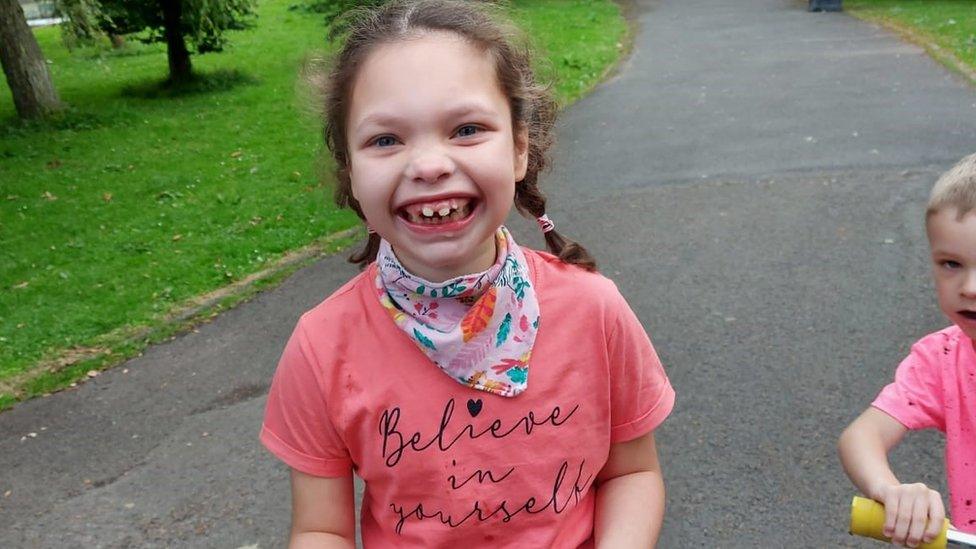Parents raise awareness of rare form of epilepsy
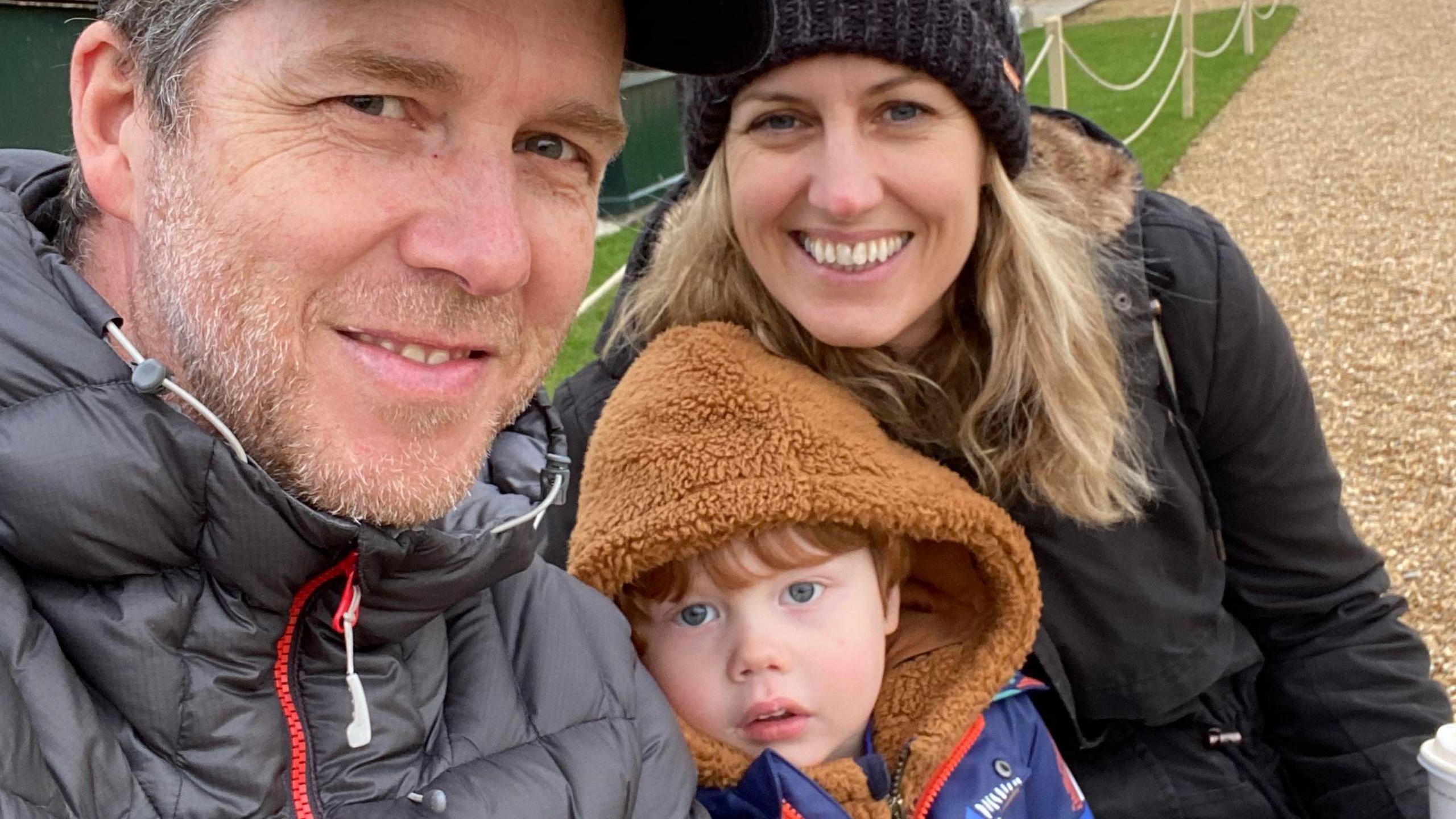
Christian and Rosie said their son Henry had been seizure-free for a year
- Published
Parents of a boy with a rare, life-limiting form of epilepsy have joined a campaign to raise awareness of the condition.
Seven-year-old Henry, from Blandford in Dorset, had his first seizure when he was seven months old.
At the age of two - after months of seizures, blue-light ambulances and three stays in intensive care - he was diagnosed with Dravet syndrome.
His parents Rosie and Christian said they had struggled during the early days of his diagnosis and hoped their story would help others feel less alone.
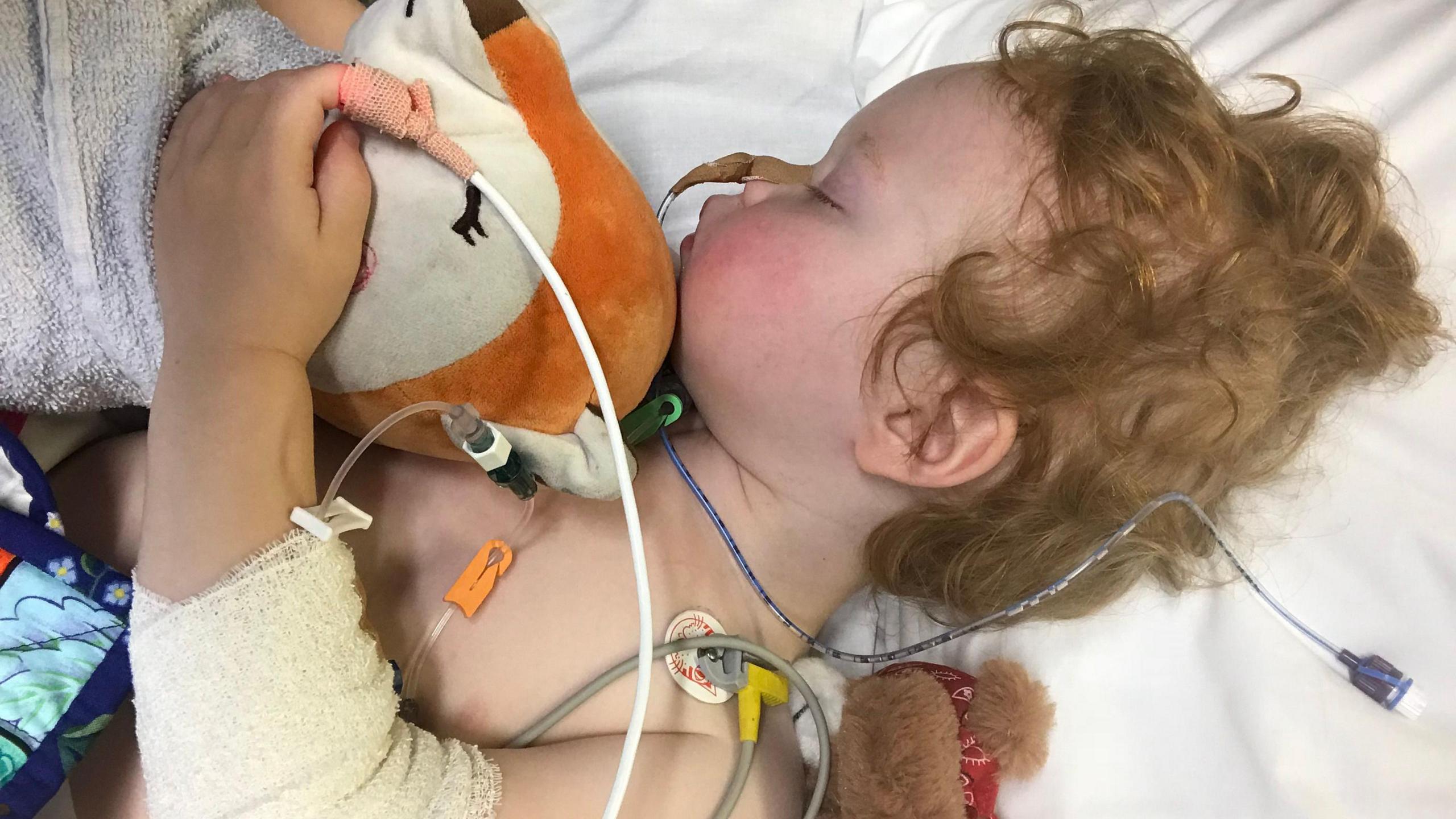
Henry was admitted to intensive care three times before his diagnosis
Dravet syndrome affects about one in every 15,000 births in the UK, causing severe, treatment-resistant seizures, intellectual disability and associated conditions, which can include autism, ADHD and difficulties with speech, mobility, feeding and sleep.
About 85% of cases are caused by a gene mutation.
Mrs Davidson said at one point Henry was having nine seizures a day.
The couple later learned that some commonly used epilepsy medications, known as sodium channel blockers, may have made his seizures worse.
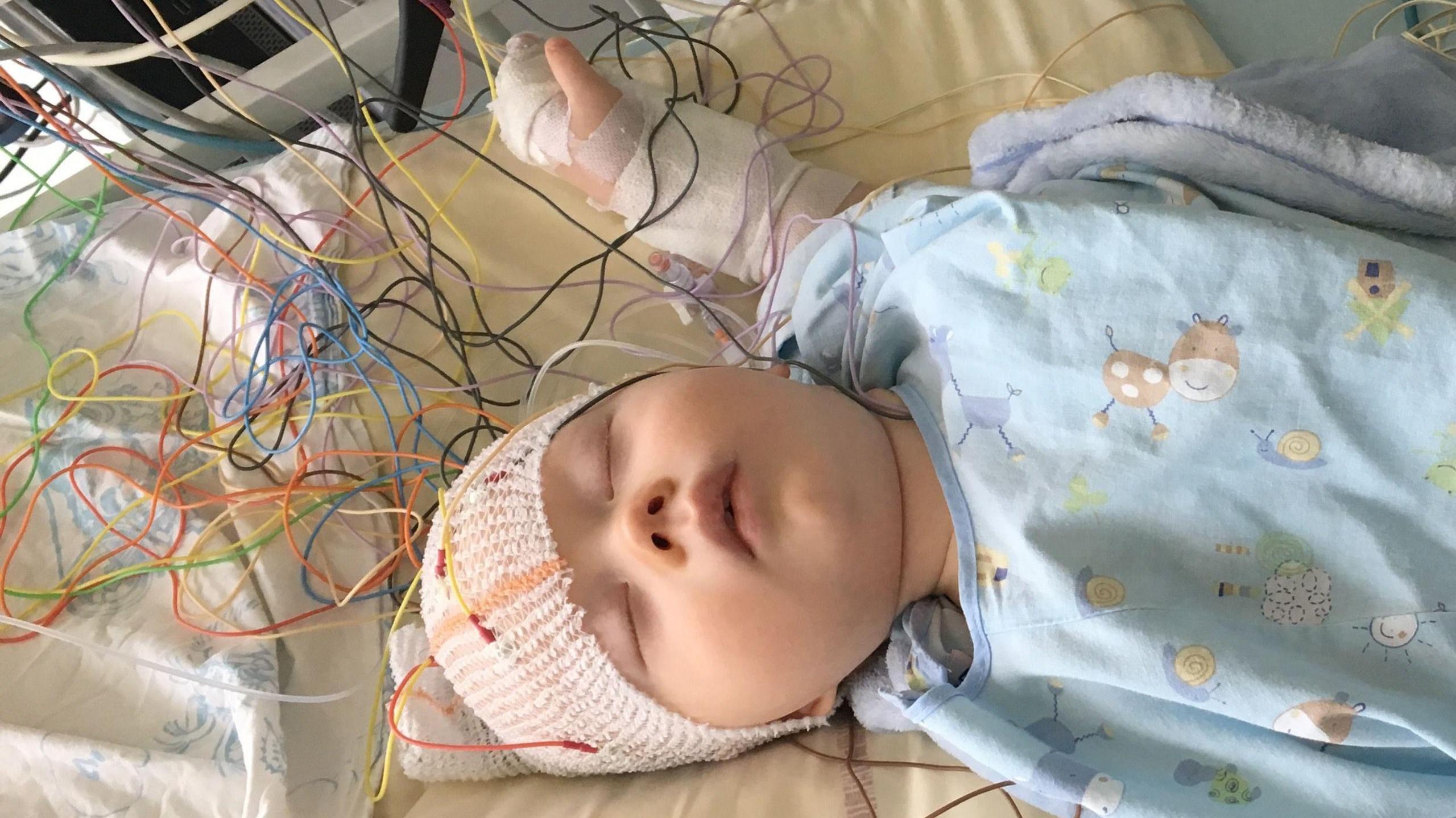
About 85% of cases are caused by a gene mutation
She said: "It was so awful, I didn’t really leave the house, I just couldn’t function.
"He had to learn to walk again, eat again. His delays started being more evident when he started pre-school, but it all coincided with the pandemic so we were left in limbo during that time with very little in the way of support.
"I wish when we got our diagnosis that we had known someone in the same boat as us, so I really want to help raise awareness so others can have that connection and understanding."
Henry is now on a new medication and has been seizure-free for a year but he still has complex needs.
Galia Wilson, chair and trustee of charity Dravet Syndrome UK, said: "We are joining with families across the UK to raise awareness and share little moments of what it's like to care for someone with Dravet syndrome so we can reach even more people in need of our vital support."
Follow BBC South on Facebook, external, Twitter, external, or Instagram, external. Send your story ideas to south.newsonline@bbc.co.uk, external.
Related topics
- Published28 June 2023
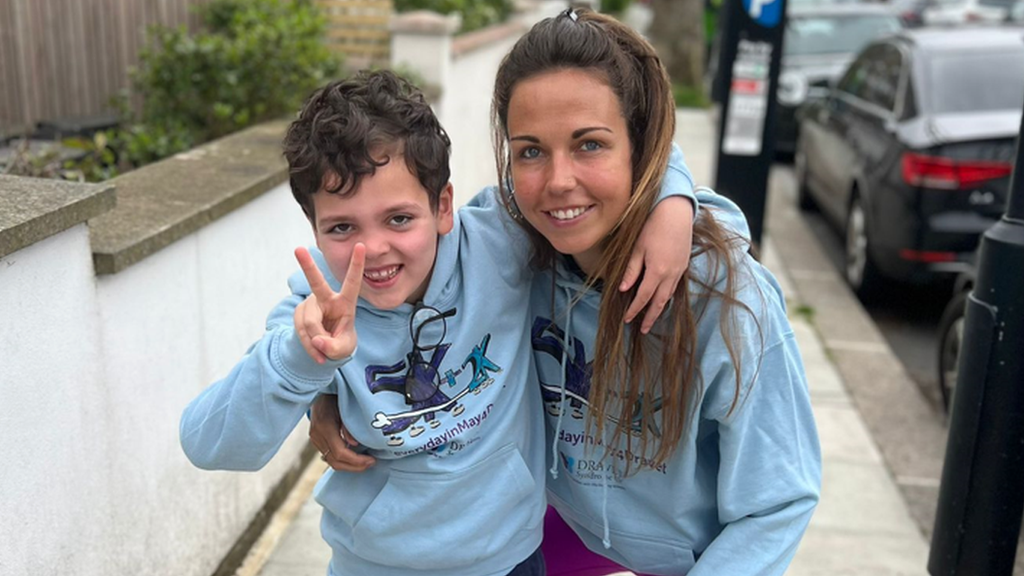
- Published2 July 2022
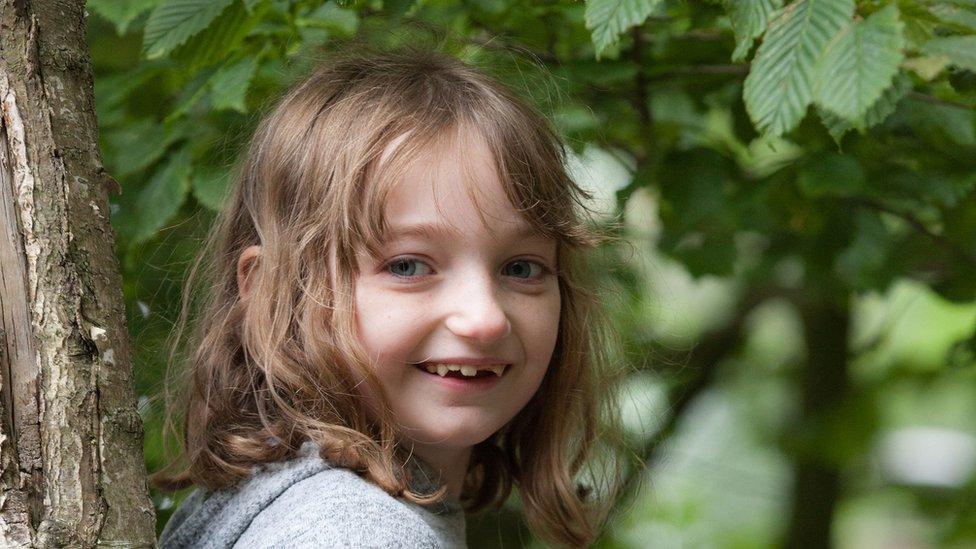
- Published30 December 2020
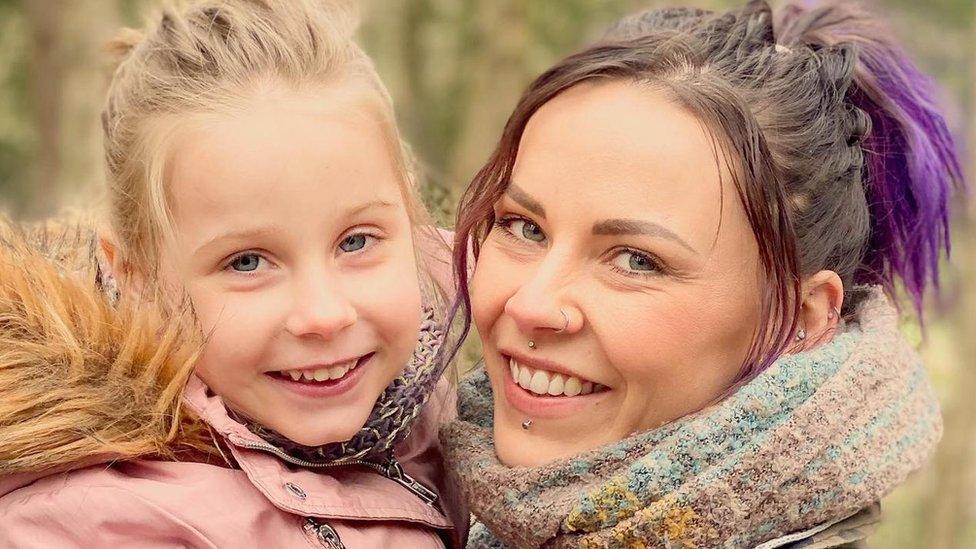
- Published8 January 2021
